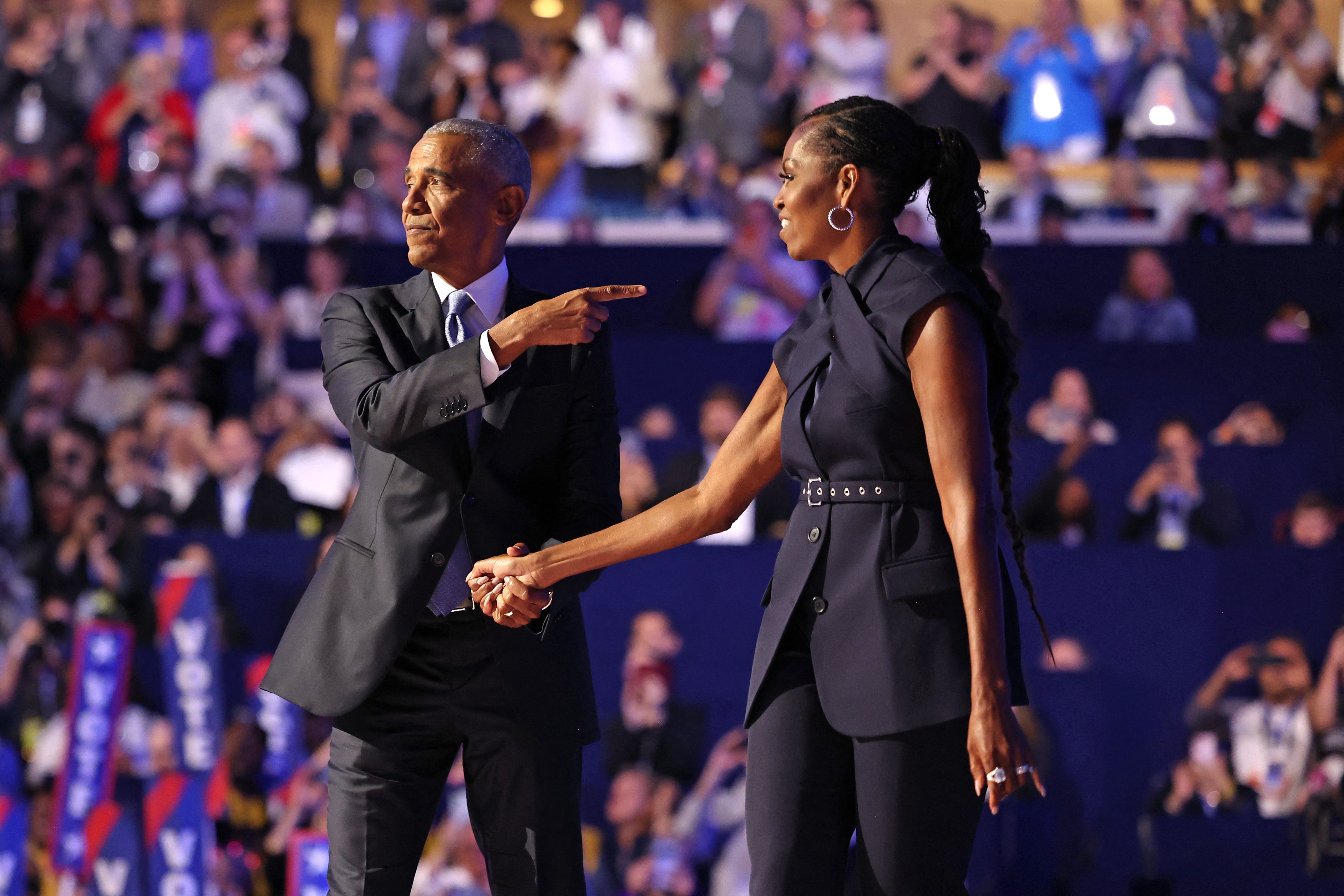Could the US election end in a tie? How the electoral college works
In this indirect democracy, the candidate with the most votes does not always win, as John Rentoul explains


The US presidential election system produces some strange results. In 2000, George W Bush won despite polling half a million fewer votes than Al Gore. In 2016, Donald Trump won with 63 million votes against Hillary Clinton with 66 million.
The system is a hangover from 18th-century delegate democracy and also, crucially, from the origin of the US as a federation of states that jealously guarded their rights. Because states’ rights are involved – particularly the right of smaller states to greater representation – the system is unlikely ever to be changed.
What is the electoral college?
US presidents are chosen by an electoral college, which in the old days was an actual meeting of delegates from each state. So when Americans vote in presidential elections, they are not voting for their candidates, but to instruct an elector to vote for their candidates for president and vice-president.
Each state has the same number of electors as they have members of Congress: that is, two senators and a number of members of the House of Representatives allocated according to population (as recorded in the 2020 census).
This means that the smallest states, with just one congressional district, have three electors (Alaska, Delaware, Montana, North Dakota, South Dakota, Vermont and Wyoming), while the most populous state, California, will have 54 in this election.
Since the 23rd amendment to the US constitution in 1961, Washington DC has three electors, even though it doesn’t have any senators and its member of the House of Representatives cannot vote.
How do the numbers add up?
In total there are 538 electoral college votes (hence the name of the popular opinion polling website), and a candidate needs a majority, 270, to win.
All but two states cast their votes as a block – that is, all the electoral college votes of that state are cast for the candidates with the most votes in that state. The exceptions are Maine and Nebraska, which allocate two votes to the most popular presidential ticket in the state, and divide the rest in proportion to the votes received.
Because most states are either strongly Democrat or Republican, and are the equivalent of safe seats in the British system, presidential elections tend to be decided by a small number of swing states.
The common view among pollsters is that there are seven swing states in this election, where the race between Donald Trump and Kamala Harris is too close to call: Wisconsin, Michigan, Pennsylvania, Arizona, Georgia, Nevada and North Carolina. (My personal rule of thumb is that if Harris wins the first three, she will win; if she loses one of them she will need at least one of the rest to make up.)
What happens if there is a tie?
It is possible for the electoral college to be tied 269-269. In that case, the 12th amendment of the US constitution requires the House of Representatives to decide the election. However, the vote would be conducted in an unusual way, with each state having one vote, so the representatives for each state have to decide how to cast their state’s vote. Given that the Republicans have a narrow majority in the House, and that smaller states tend to be Republican, it would seem that a tie would result in a comfortable victory for Trump.
The consolation for the Democrats would be that, in the case of a tie, the constitution requires the vice-president to be chosen by the Senate, where they currently have a majority of one. So Tim Walz could get to be Trump’s vice-president.


Join our commenting forum
Join thought-provoking conversations, follow other Independent readers and see their replies
Comments